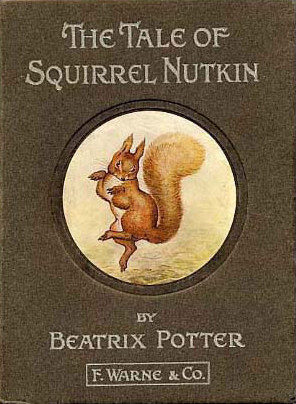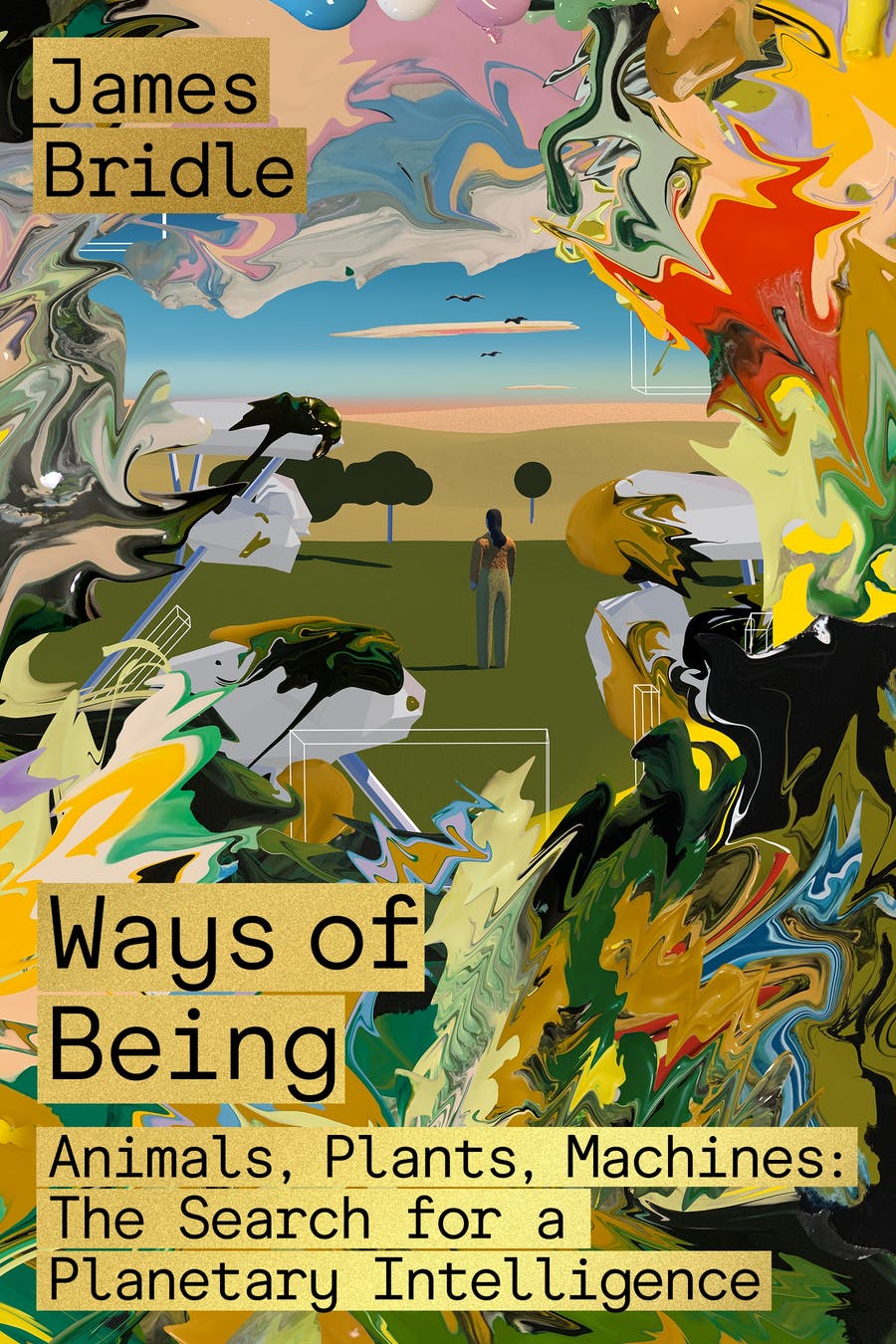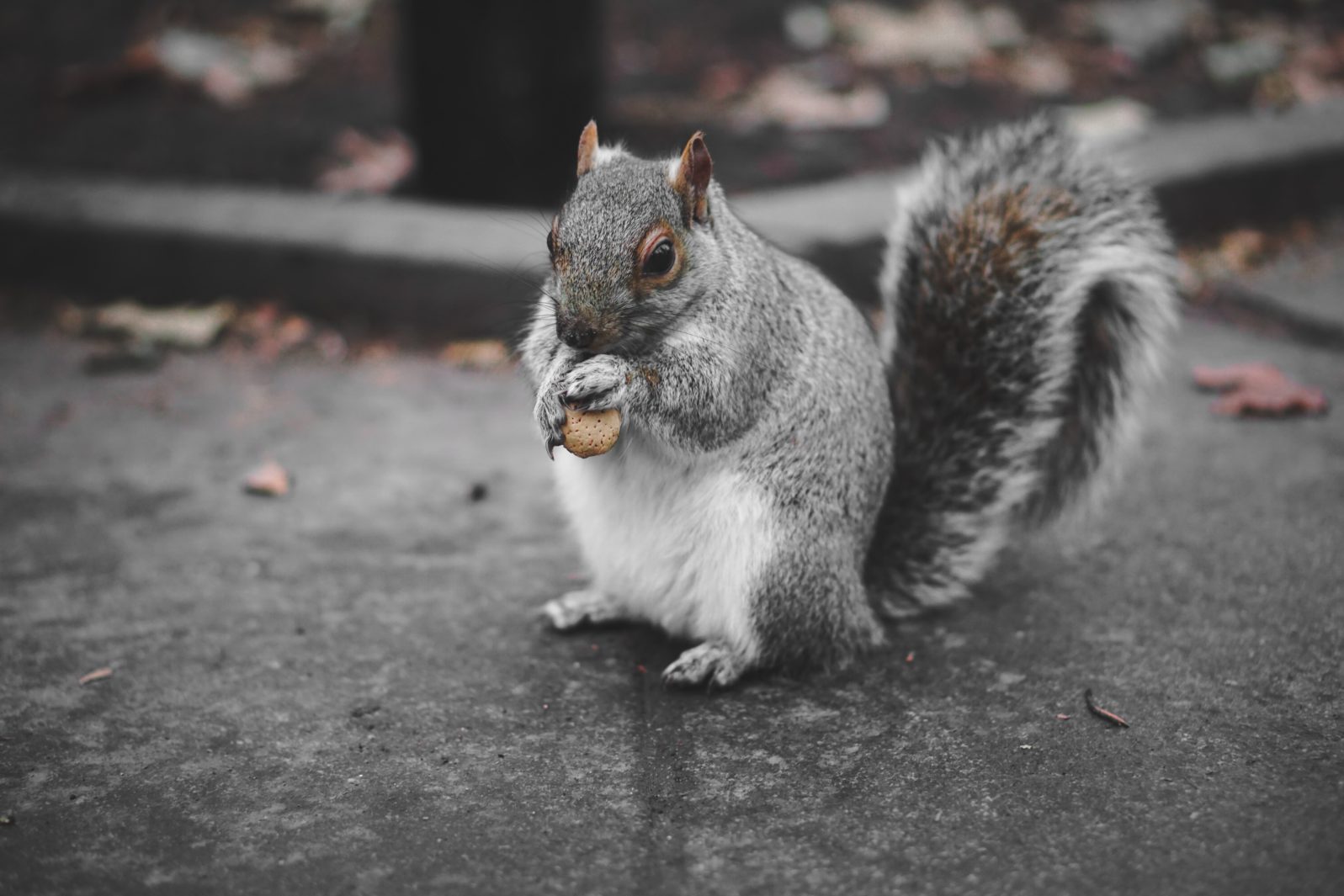Can Squirrels Really Be Socially Unjust? Check Their Privilege?
A recent paper suggests that the animal world, untroubled for aeons by any notion of conscience, has a lot to answer forThe idea that humans are not really much different from other animals has resulted in an interesting reversal: Writing about non-human animals as if they were humans. A recent essay in Behavioral Ecology, for example, interpreted “wealth inequality” among animals as if the animals were people:
“Squirrel privilege is real.” “Checking Privilege in the Animal Kingdom.” “Even Hermit Crabs Have Wealth Inequality.”
These headlines hail from Salon and New York Times, respectively, and represent a growing trend among scholars and the media to tackle animal “inequality” — and also argue humans can learn important lessons about income inequality and privilege from such studies.
Daniel Nuccio, “‘Checking privilege in the animal kingdom’: Biologists investigate animal ‘inequality’” at The College Fix (June 21, 2022) The paper referenced is open access.

But what does it mean for academics to discuss “privilege” and “inequality” in a world of squirrels, who live without reason, ethics, or law?
Consider what has changed. A squirrel world that is much like the human one is a staple of stories for children. Animal characters allow the storyteller to focus on topics young children easily grasp. Most soon realize that Squirrel Nutkin and his friends are not the squirrels hiding acorns from each other out in the park.
Why has that become a high bar for academics? Here’s one possibility:
“Inequality is a threat to our social fabric, but it’s not just a human problem,” argued the World Economic Forum in January in a piece that connected human and non-human inequality.
Headlined “Inequality is not confined to humans. Animals are divided by privilege, too,” it was based on an essay published in Behavioral Ecology in December 2021, an essay which helped spawn a spate of recent articles on the topic.
Daniel Nuccio, “‘Checking privilege in the animal kingdom’: Biologists investigate animal ‘inequality’” at The College Fix (June 21, 2022) The paper referenced is open access.
We can’t inject abstract thought and its outcomes into a squirrel. What we can do — and there seems now to be some sympathy for doing it — is pretend that, if squirrels think like people, then… people think like squirrels! There, that takes care of a number of problems at once, especially the roadblock that one must rationally persuade others instead of just compelling their obedience.
Meanwhile, a recent science media headline informs us of “Why scientists think you should speak politely to animals”:
According to the researchers, their findings suggest that the way to speak and interact with animals may matter a lot, with important implications for their well-being. From an ethical perspective, this means that people working directly with animals, be it in the zoo, research lab, or farm, should try to be more mindful of their language. Conversely, if people want to actively improve animals’ daily lives, they can try to use calmer, more positive language and attitudes.
Tibi Puiu, “Why scientists think you should speak politely to animals” at ZME Science (June 24, 2022) The paper is open access.
Now, wait a minute. Anyone who works with animals knows that mammals and birds can read emotions and adapts accordingly (or suffers the consequences). The researchers demonstrate that some animals (horses and domestic pigs) experience “emotional contagion” the way people do. That is, if you feel angry, sad, or nervous, so might they. While the study is handy if we need a citation, it breaks no new ground.
A typical real-world problem might illustrate that: When a cat is sick, his instinct is usually to keep quiet and hide (because he is possible prey as well as predator). He may not want to see any humans at all and he certainly does not want to see the vet. Reason, not emotion, tells his human friends that he must see the vet. It may be possible to wrestle every such cat into a carrier “politely” but if so, the details are not widely shared.
This new (anthropomorphic) trend reminds me of an anecdote from my late father’s life. In his old age, he had a cat who suffered from arthritis. Jumping up a step to get into another room caused the cat pain. One day, a guest noticed my father’s solution to the problem, which was simply to place his foot under the waiting cat’s belly and lift him up to the higher room. The guest protested that Dad was treating the cat “disrespectfully” by using his foot. I remember Dad asking me later, “But how is it disrespectful? The cat doesn’t have any theories about feet, the way she does. He just wants to get up the step!”

Researchers have long assumed that people think like animals. But now we see that the equation reads the same in reverse: animals think like people. Folklore soon trumps reality. Some go one step further.
The war on human exceptionalism, as Wesley J. Smith calls it, is — at heart — a war on reason. Politically, it is quite serious, at least on one side. James Bridle, author of Ways of Being: Beyond Human Intelligence (2022) explains his proposal for extending democracy beyond humans at Wired:
A system of laws and protections developed by and for humans, that places human concerns and values at its core, can never fully incorporate the needs and desires of nonhumans. These judicial efforts fall into the same category of error as the mirror test and ape sign language: the attempt to understand and account for nonhuman selfhood through the lens of our own umwelt. The fundamental otherness of the more-than-human world cannot be enfolded into such human-centric systems, any more than we can discuss jurisprudence with an oak tree.
James Bridle, “Can Democracy Include a World Beyond Humans?” at Wired (June 16, 2022)
Indeed, Bridle would go far beyond animals in his global scheme for rights:
Legal representation, reckoning, and protection are founded upon human ideas of individuality and identity. They may prove useful when we take up the case of an individual chimp or elephant, or even a whole species, but their limits are clear when we apply them to a river, an ocean, or a forest. A plant has no “identity;” it is simply alive. The waters of the earth have no bounds. This is both ecology’s meaning and its lesson. We cannot split hairs, or rocks, or mycorrhizal roots and say: This thing here is granted personhood, and this thing not. Everything is hitched to everything else.
James Bridle, “Can Democracy Include a World Beyond Humans?” at Wired (June 16, 2022)
And so?
The enactment of a more-than-human politics calls explicitly for a politics beyond the individual, and beyond the nation-state. It calls for care, rather than legislation, to guide it.
James Bridle, “Can Democracy Include a World Beyond Humans?” at Wired (June 16, 2022)
If so, it calls for a situation where there are no specifically human rights, as traditionally understood. And the purpose of government is to “care” for things (whatever that means and whatever it takes?).
One wonders how many readers of pop science mags see clearly where this must lead.
Note: The featured photo of the squirrel is courtesy Pranay Pareek on Unsplash
You may also wish to read: A Great Reset historian muses on what to do with “useless” people. Transhumanist Yuval Noah Harari, a key advisor to the World Economic Forum, thinks free will is “dangerous” and a “myth.” It’s not clear that, given his intense, dramatic focus on “useless,” “meaningless,” and “worthless” people, Harari is far off from totalitarianism.
